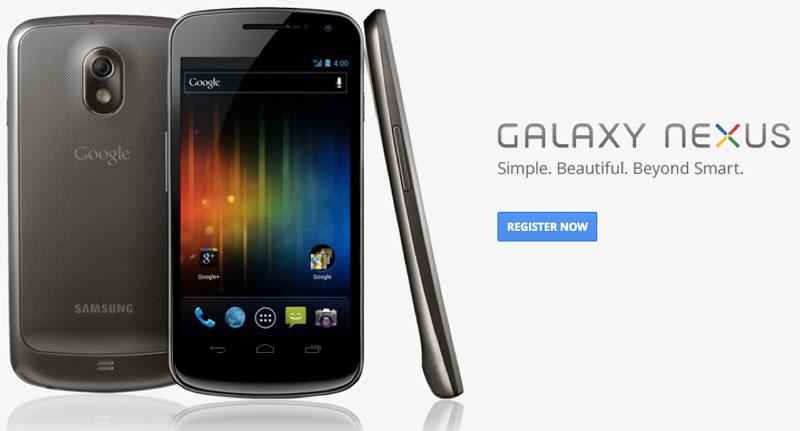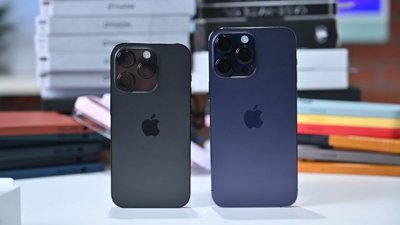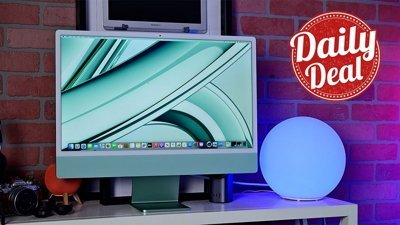Apple says appeals court decisions hinder patent protection efforts against Samsung
The decision by a United States appeal court to continue allowing Samsung to sell the Galaxy Nexus prevents Apple from protecting the patents a jury previously found the Nexus to be infringing on, Apple's lawyers have argued.
Attorneys representing Apple have filed a motion to have the full complement of judges at the U.S. Court of Appeals review two appeals in the ongoing patent struggle between the two companies, Bloomberg reported on Friday. Apple seeks to reverse an October ruling by a three-judge Federal Circuit panel that allowed for Samsung to continue selling the Galaxy Nexus.
Apple's filing for an en banc, or a review involving all nine Court of Appeals for the Federal Court judges, follows a prior bid by Samsung last week to block Apple from making just such a filing. Apple had won an injunction against the device in June of last year, but the CAFC found that the court granting the injunction had "abused its discretion" in banning sales of the handset.
In its decision, the Court of Appeals found that the comprehensive search and voice command features built into the Galaxy Nexus, which were said to be infringing on Apple patents, were not in themselves major likely drivers of consumer adoption.
Apple, already having asked for a review of the October decision, is also asking for the panel to reconsider a December ruling by U.S. District Judge Lucy Koh to allow Samsung to continue selling products found by a jury to be infringing Apple patents in a $1 billion verdict in August of 2012.
Allowing Samsung to continue selling infringing products, according to Apple, makes it "essentially impossible for a patentee to halt a direct competitor's deliberate and successful copying of the patentee's innovative designs and features."
The panel's finding in October that certain infringing features were not drivers of demand, says Apple, is flawed since individual features "will almost never drive consumer demand by themselves, at least not provably" since "consumers buy complex technological products for a whole host of reasons." Further, Apple argues that a permanent injunction on offending devices is necessary in order to keep Samsung from attempting to "attract Apple's customers through deliberate copying, with a damages award being merely a cost of doing business."
 Kevin Bostic
Kevin Bostic











 Malcolm Owen
Malcolm Owen
 William Gallagher
William Gallagher
 Mike Wuerthele
Mike Wuerthele
 Christine McKee
Christine McKee

 Andrew Orr
Andrew Orr
 Sponsored Content
Sponsored Content








